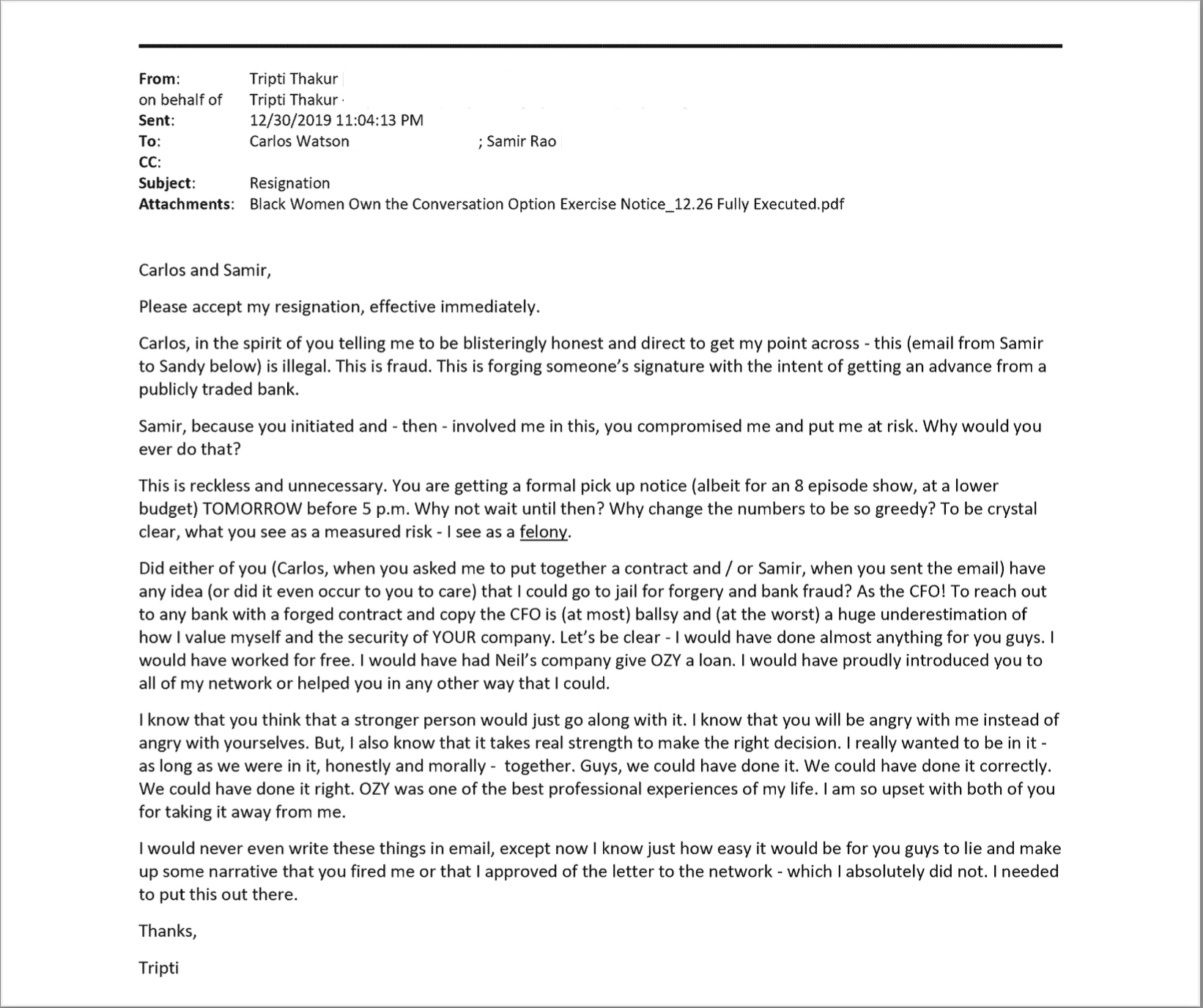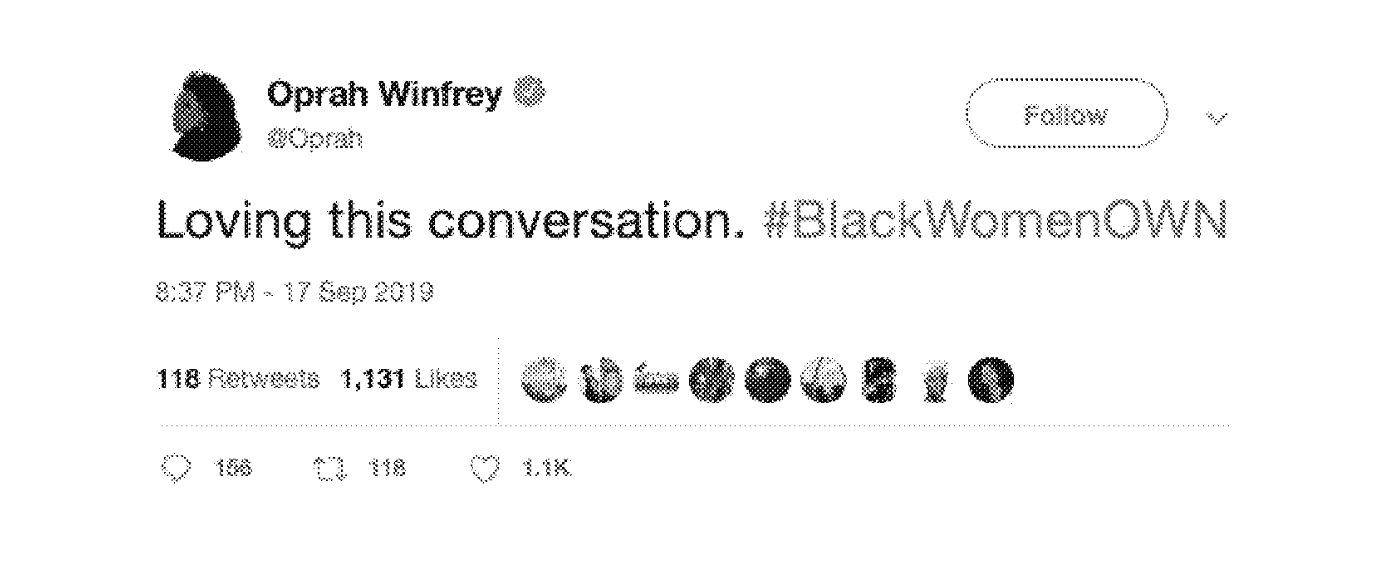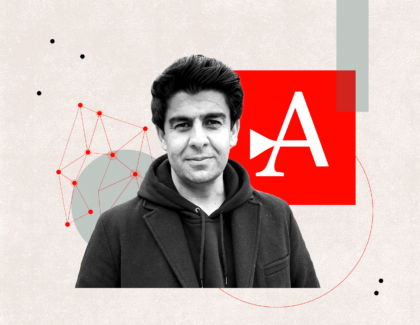Sign up for the daily CJR newsletter.
The case against Carlos Watson, a cofounder of the digital media company Ozy, was largely built on the testimony of his key lieutenants, including his young cofounder, Samir Rao. But prosecutors also presented several other pieces of hard evidence over the course of the trial, much of it discussed in CJR’s podcast series “The Unraveling of Ozy Media,” a special production of The Kicker. Listen to the series here, or wherever you get your podcasts.
The Texts
In early 2021, Rao joined a conference call with potential investors from Goldman Sachs, pretending to be an executive with YouTube. No one from Ozy was supposed to be on the call, and Rao used a voice modification program to try to conceal his real identity. The Goldman bankers were not fooled, and text messages between Allison Berardo and her boss, Hillel Moerman, captured their real-time confusion about what was going on.
Watson—who initially told the press that he had nothing to do with the call and that Rao was suffering from a mental episode—was, in fact, the texts reveal, actively communicating with Rao the whole time. In court, the two men offered differing interpretations of what the messages meant. Scroll down slowly to see the messages load in the order they were sent.
The Email
Tripti Thakur was Ozy’s chief financial officer, until she resigned, in 2019. In one of the most cinematic moments of the trial, Thakur described the events leading up to her decision to leave, when the company was desperately short on cash and waiting for a contract to come through with a partner, Oprah’s television network OWN. Instead of waiting for the final deal, Rao sent a fake version of the contract, hoping it could be used to secure a loan from a bank. Thakur responded, “This is fraud.” Read her full resignation email below:

The Oprah Promotion
Watson told the court that he often counted what he called “barter revenue” as part of his company’s total income. Experts say that barter, or in-kind, revenue—attaching a cash value to nonfinancial goods or services—is not traditionally seen as a legitimate form of accounting, in part because there is no universal way to define the value of non-cash actions. For example, Watson said he initially assessed the value of the below tweet, from Oprah, at fifty million dollars. (He said he later discounted it to twenty million.)

He also said he valued the promotional video below at twenty million dollars.
Has America ever needed a media defender more than now? Help us by joining CJR today.







